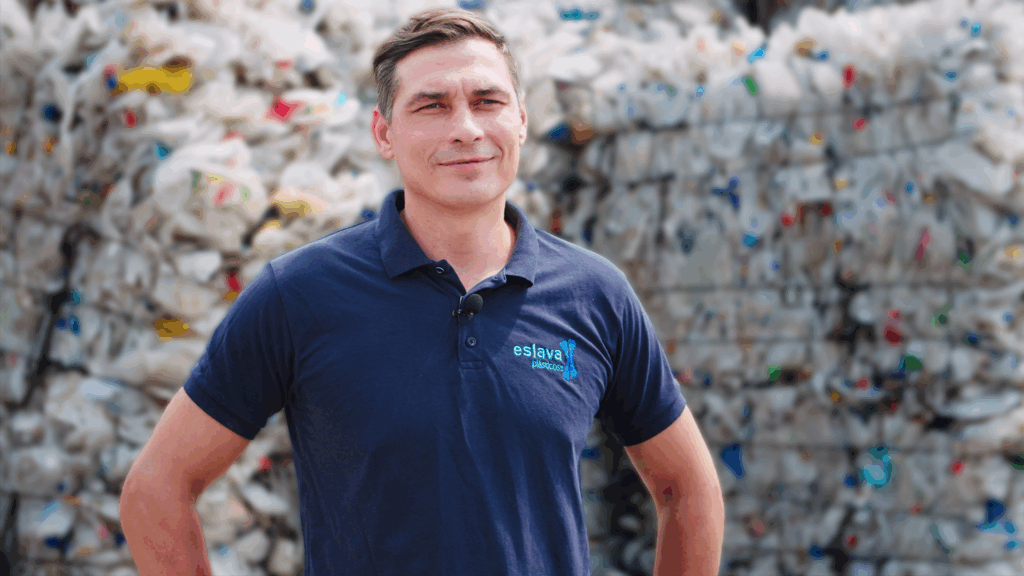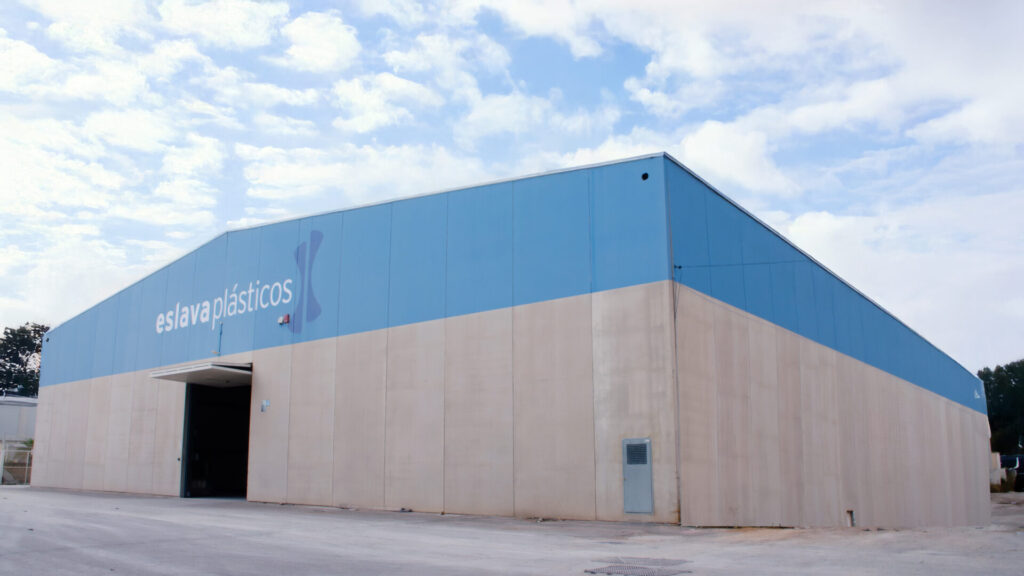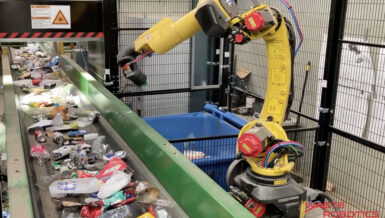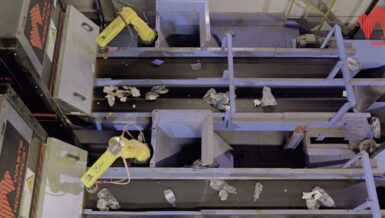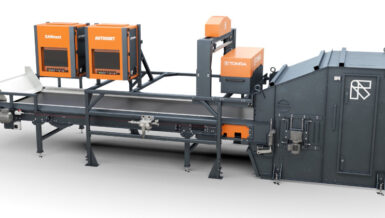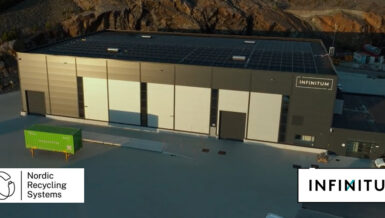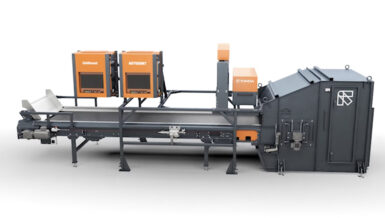One of Eslava Plástico’s main facilities is located in Quart de Poblet, in the Valencia region. It processes and recycles, among other things, HDPE streams from various industries, including packaging, automotive, agriculture, etc. To help with this task, Eslava Plasticos has been working in partnership with Pellenc ST for nearly 25 years. The French supplier provides optical sorting machines to refine the sorting process. At the Quart de Poblet site, Pellenc ST has worked closely with Eslava’s teams and has given them privileged access to its latest cutting-edge solutions to obtain the purest HDPE granules possible.
AI Modules for Peak Performances
Conventional optical sorters that use near-infrared perform well for most products. However, some complex sorting tasks remain difficult to achieve. For example, there are still a few tricky issues when we want to remove certain contaminants that emit the same infrared signal on the spectrometers. “We needed additional technologies to go further in our HDPE stream cleaning and improve the quality of our pellets and guarantee our end customer the highest level possible of purity”, says Javier Ballesteros Magadán, plant Director of Eslava Plásticos.
In this context, Pellenc ST has developed artificial intelligence modules that can be added as options to existing machines. By combining NIR/VIS and DEEP LEARNING technologies, optical sorters gain in analysis speed and can thus provide a solution for the most complex sorting tasks. In concrete terms, the neural network is trained using millions of images so that it can identify the unique characteristics of objects, such as their shape, size or other visual differences. These innovations will enable new use cases to be addressed, offering the industry new separation possibilities. Eslava was the first recycler to benefit from these brandnew AI-based sorting solutions and was able to test and validate them directly on its HDPE stream.
The first module, the CNS BRAIN™, is a frugal solution that does not have any additional energy consumption and can separate silicon cartridges and nasal spray from a PE stream. The second module, the AISORT™, is a computer vision system, able to separate food packaging from nonfood items. For example, it can remove all contaminants from an HDPE stream like flip-flops, diving fines, etc. “Thanks to the artificial intelligence modules implemented by Pellenc ST, the quality of our final products has improved significantly without additional personnel costs, while increasing production throughputs.” Says the plant director.
By combining advanced sorting technologies with artificial intelligence, the plant is positioned as one of the most advanced in the industry and helps to make the economy ever more circular. To get a visual click here.
